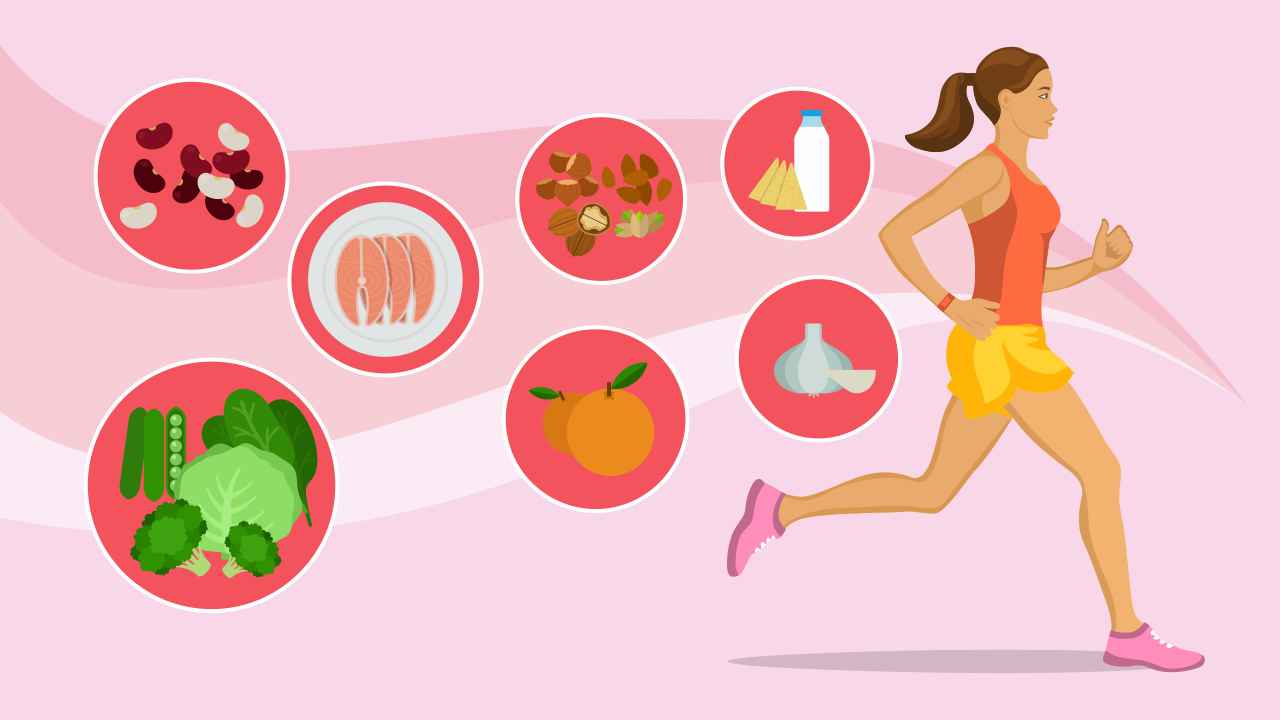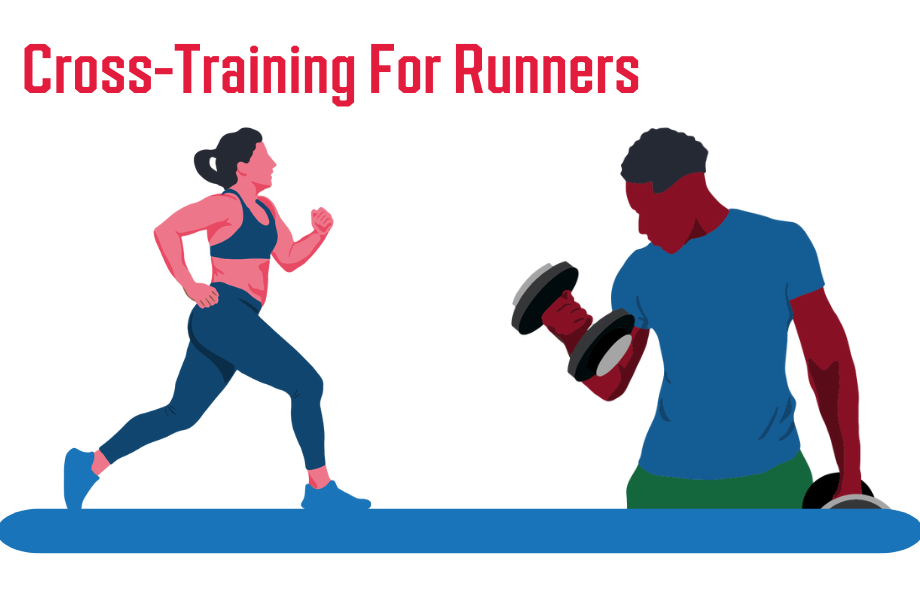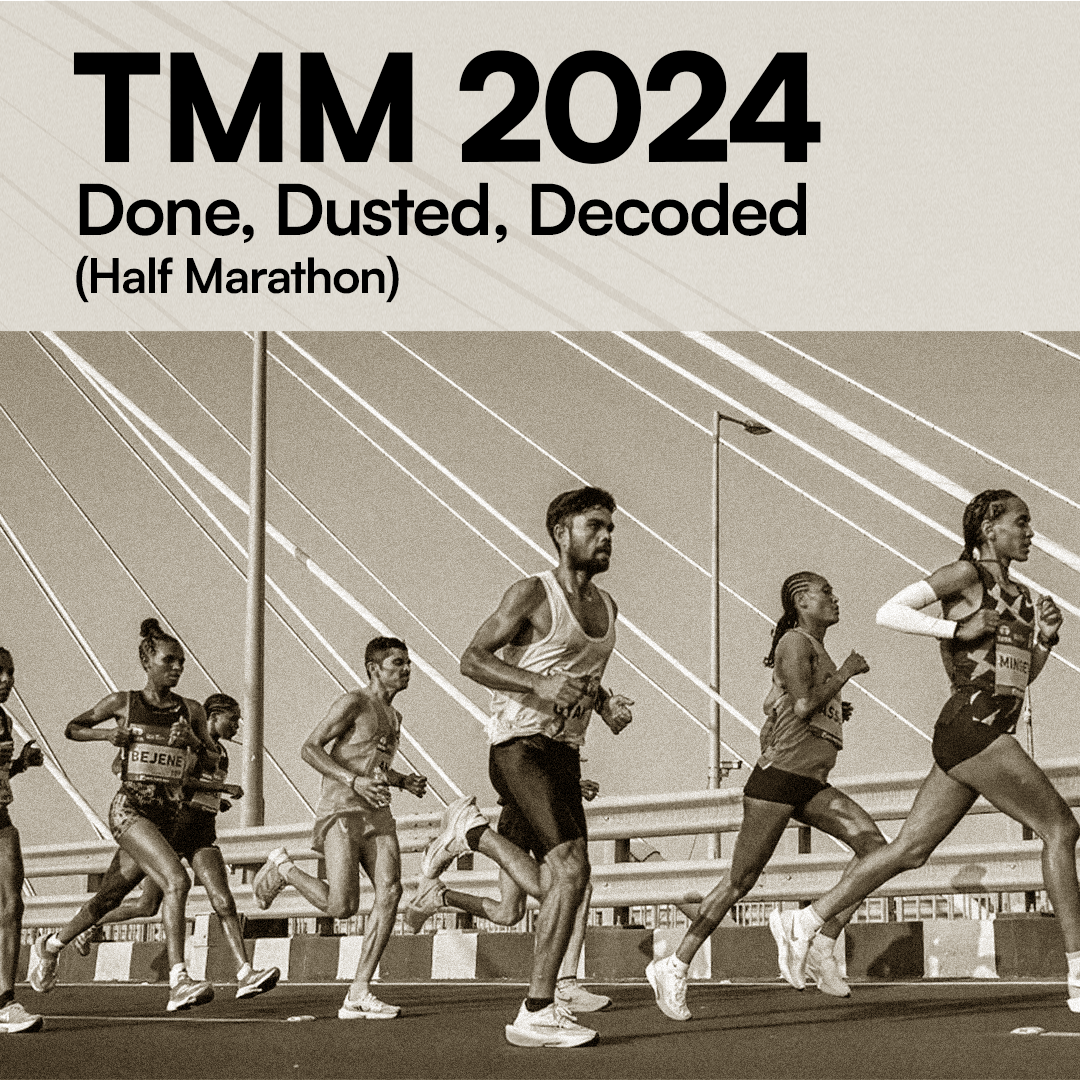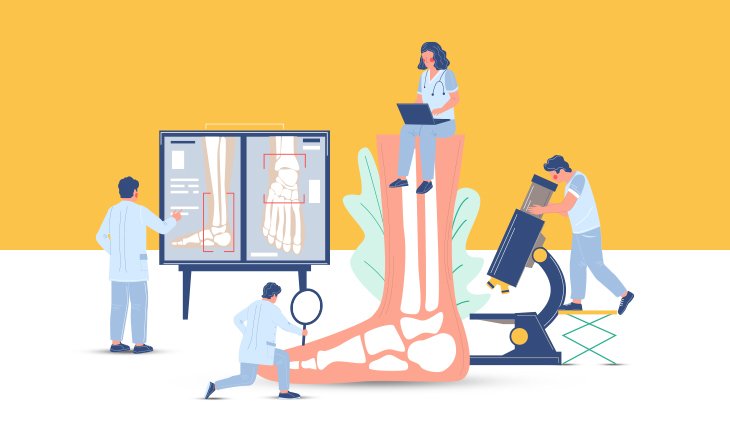
Why Is Calcium Important for Women Runners?

You may have heard about the dangers of bone loss, read about the benefits of calcium vitamins, and seen advertisements for prescription medications geared specifically for women to help prevent osteoporosis. Calcium is big business in the supplement industry. But what are the benefits of calcium for women and why should they consume this mineral?
Women need calcium for more than just strong bones; it plays a part in a long list of vital bodily functions. Calcium for women helps the brain function properly by regulating your neurotransmitters (the brain’s messengers) and assisting with memory. It also aids your muscles to contract quickly and efficiently, which is very important for runners.
Also read: Micronutrients: Vitamins, Minerals and the Role They Play
There are two significant reasons for the requirement of calcium for women. The first factor is your hormonal system, which involves menstruation, pregnancy, and menopause. All of these influence calcium levels and demand higher intake. The second reason is that you may be at a higher risk for osteoporosis due to a lack of traditional strength training and long-term participation in impact sports that demand jumping and running like soccer, volleyball, and basketball.
Also read: Vitamins and Minerals Every Runner Needs
An often forgotten but dangerous culprit for inadequate calcium levels in women is the influence of diet culture. The banning of certain foods like dairy products, chronic caloric restriction, and an influx of unregulated diet supplements wreaks havoc on the body’s calcium storage and absorption.
How much calcium does your body need?
It is important to know and establish a baseline for how much calcium a woman needs to stay healthy and strong throughout her lifetime. The crucial thing to remember is that you can build bone mass for a certain period as you have a ‘bone bank account’. So, you need to make substantial and consistent deposits during the first 25 years of your life because by the time you reach the age of 30, the bank is closed, and you can only make withdrawals. Teens aged between 14-18 need 1,300mg of calcium per day through a combination of food and supplements. Women aged between 19 and 70 need 800mg-1000mg, and women aged over 70 require up to 1,300mg each day. Pregnant and lactating women need to be especially vigilant as their needs double during this time.
Ideal food sources of calcium for women
Now that you’ve established the importance of calcium for women, what are the best food sources of calcium for women to meet your daily requirements? Dairy products like milk, cheese, and yogurt top this list. For those who can’t digest dairy, fortified nut milks are an excellent source. Sardines and salmon (with the bones) are the second-best sources of dietary calcium. Vegetables like amaranth, agathi leaves, Chinese cabbage, kale, and broccoli can also help contribute to your daily calcium consumption. Moreover, fruits such as oranges and figs contain small amounts of calcium. Lastly, items like soybeans, tofu, and oatmeal can help boost your calcium supply.
| Source | Serving size (g) | Amount (mg/serving size*) | % Daily requirement for adults |
| Poppy seeds (Khus) | 5 | 68.6 | 7 |
| Sesame seeds (Til) | 5 | 64.15 | 6.4 |
| Carom seeds (ajwain) | 5 | 51.7 | 5.1 |
| Agathi leaves | 100 | 901 | 90.1 |
| Khoa | 50 | 301 | 30.1 |
| Paneer | 50 | 238 | 24 |
| Red and green amaranth leaves | 100 | 372 | 37.2 |
| Knol-Khol leaves | 100 | 368 | 37 |
| Ragi | 25 | 91 | 9.1 |
| Sea crab | 50 | 166.5 | 17 |
| Milk | 100 | 120 | 12 |
*Recommended Daily Allowance (RDA) of calcium = 1,000mg
Supplement guidelines related to the intake of calcium for women
1. The normal range for blood calcium level is from 8.6mg/dL to 10.3 mg/dL. So get tested to know your calcium levels. If you find out that your levels are lower than the prescribed range, then look for ways to boost that through food and supplementation.
2. When starting any new calcium tablet for women, consult with your doctor beforehand to make sure it won’t interfere with any other medications you’re taking. Also, ensure that you aren’t going overboard; a little is good, the right amount is great, but too much is dangerous.
3. Caffeine intake can reduce calcium absorption, so take your supplements away from your morning cup of coffee or tea.
4. Beware of taking calcium supplements for women alongside a huge salad. Leafy greens contain oxalic acid, which in large amounts, can reduce calcium absorption.
5. The best calcium tablet for women is calcium carbonate because it can be absorbed with or without food, allowing for more flexibility when you can take it.
The benefits and necessity of calcium for women cannot be undervalued. Due to their complex hormonal system, lower bone density, less likelihood of participating in high-impact sports, and higher participation in fad diets, women are at a greater risk of being calcium-deficient. So look for ways to incorporate calcium-rich foods into your diet and consider adding a supplement if your blood test reveals that your levels are low.
Reference
1. Calcium Fact Sheet for Health Professionals. National Institutes of Health Office of Dietary Supplements. https://ods.od.nih.gov/factsheets/Calcium-HealthProfessional/ (accessed Nov 3, 2021).













